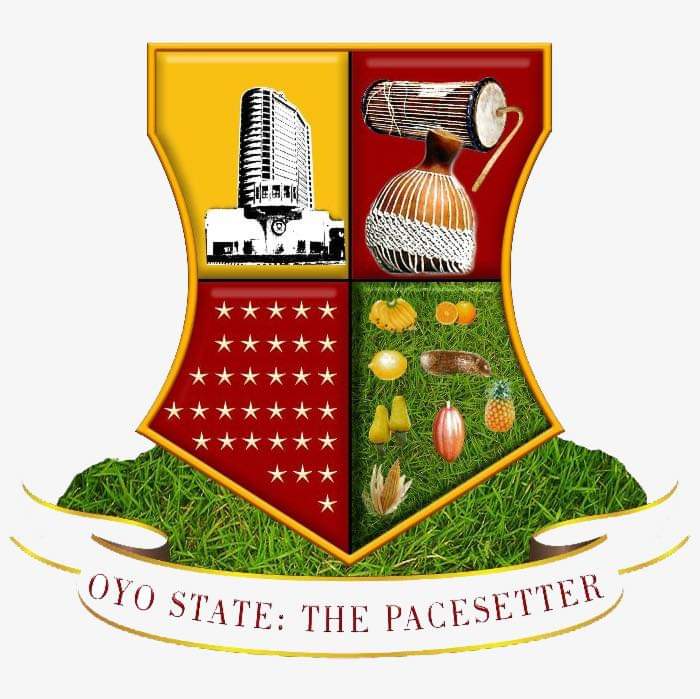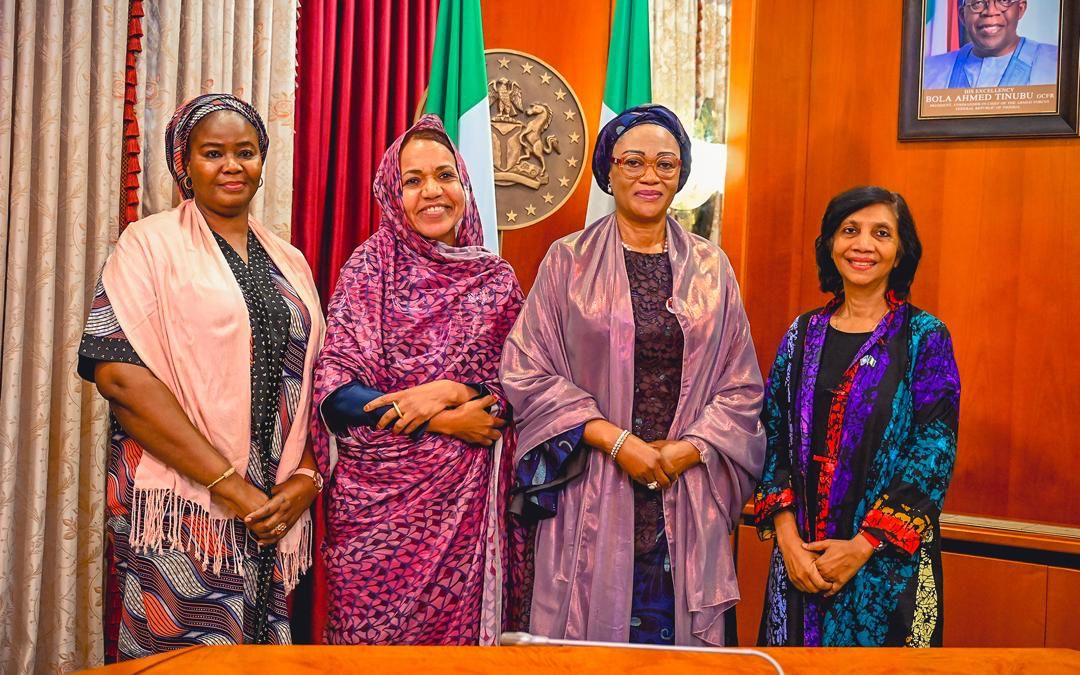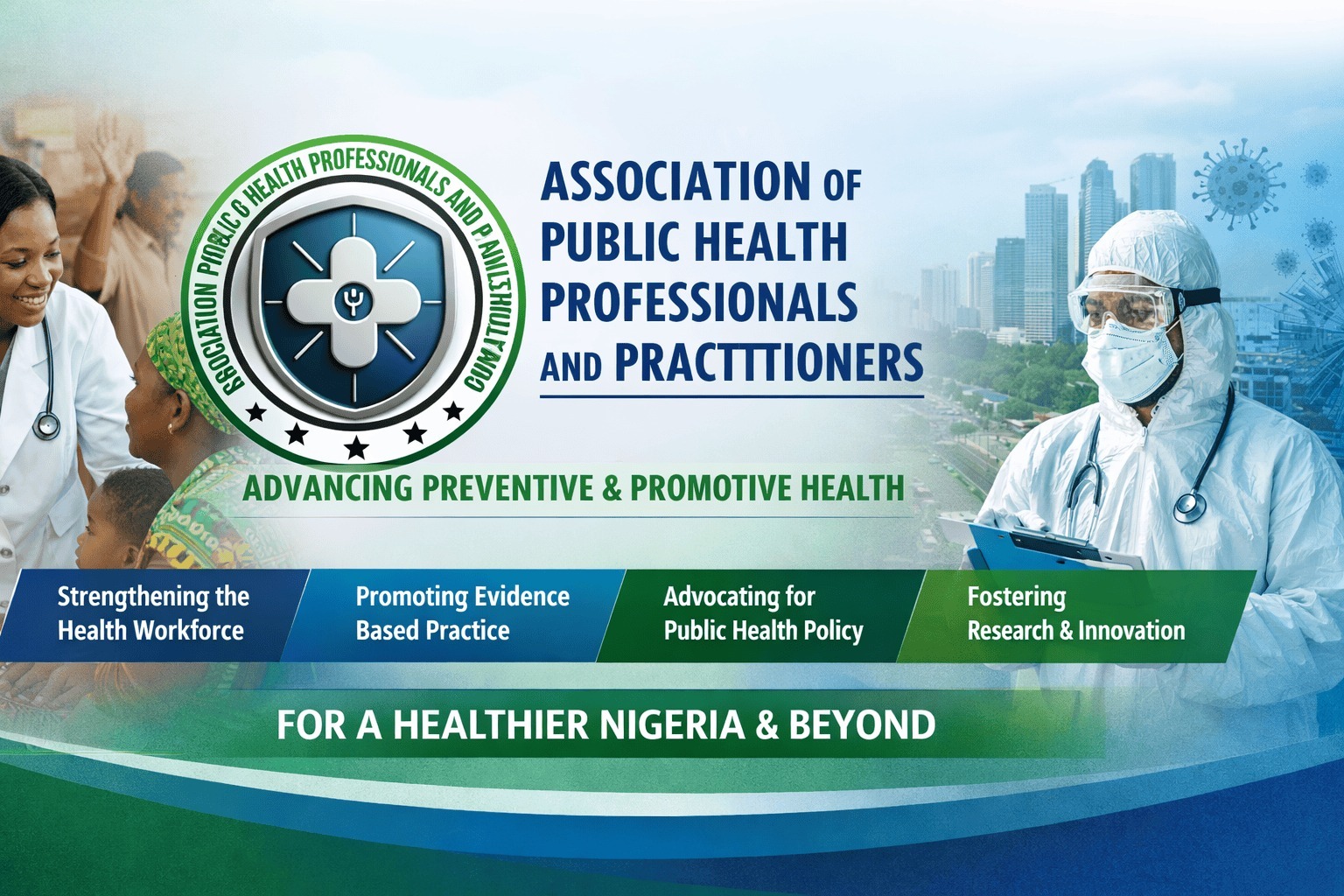Oyo Govt & UNICEF Empower Communities On Menstrual Health & Hygiene Management

The Oyo State Government, in collaboration with the United Nations Children’s Fund (UNICEF), has taken a significant step towards improving Menstrual Health and Hygiene Management (MHHM) in the state.
The government has trained and distributed 3 sewing machines to Egbeda, Ona Ara, and Ibarapa East Local Government Areas (LGAs).
The workshop, held at Plaza de Aruna hotel in Oyo, aimed to equip communities with the knowledge and skills needed to improve MHHM.
Oyo State Commissioner for Women Affairs, Mrs. Toyin Balogun, who was represented by Mrs. Bakare Olabisi, expressed gratitude to the state government and UNICEF for organizing the training.
She emphasized that menstruation is a natural process that plays a vital role in women’s lives. She urged participants to concentrate on acquiring the necessary skills to improve MHHM in their communities.
The Chairman of Oyo State Rural Water Supply and Sanitation Agency (OYORUWASSA), Alhaji Babalola Afobaje, commended the Oyo State Government and UNICEF for their efforts in improving MHHM.
He praised the present administration for its commitment to addressing hygiene-related issues, crucial in preventing the spread of pandemics.
Alhaji Afobaje emphasized that the sewing machines and other menstrual products distributed are for the sustainability of reusable pads.
He urged participants to take the training seriously, as effective hygiene practices are essential in ensuring the health and well-being of communities.
Also speaking, the General Manager of OYORUWASSA, Mr. Adeduntan Mumeen stated that the training aimed to implement good menstrual hygiene management in communities.
The distribution of sewing machines to LGAs enables participants to produce reusable pads and sustain them in their communities.
While presenting his speech, UNICEF WASH Specialist,Mr. Johnson Monday reiterated that menstrual health and hygiene management is very crucial among the female gender adding that they shouldn’t be isolated.
He added that the female gender should be supported by the male gender during their menstrual period.
The training built the capacity of community people in the selected LGAs with adequate knowledge on using various menstrual hygiene products and sewing reusable pads.












